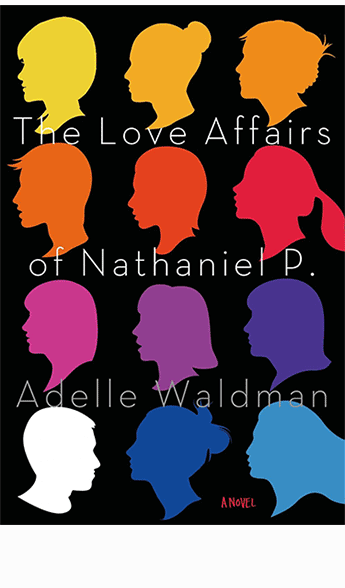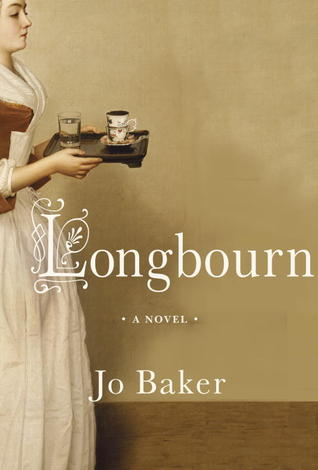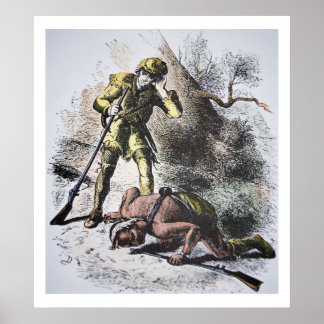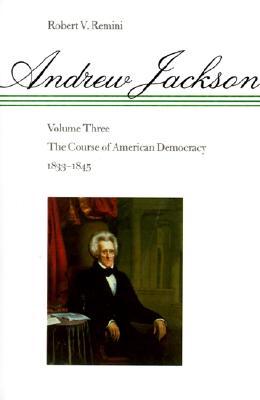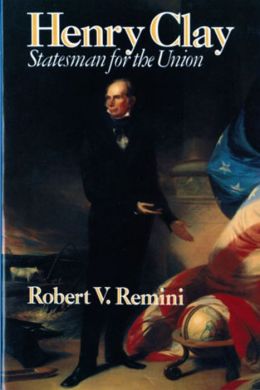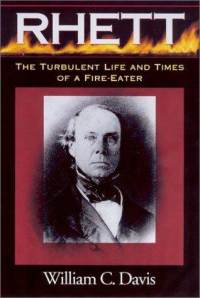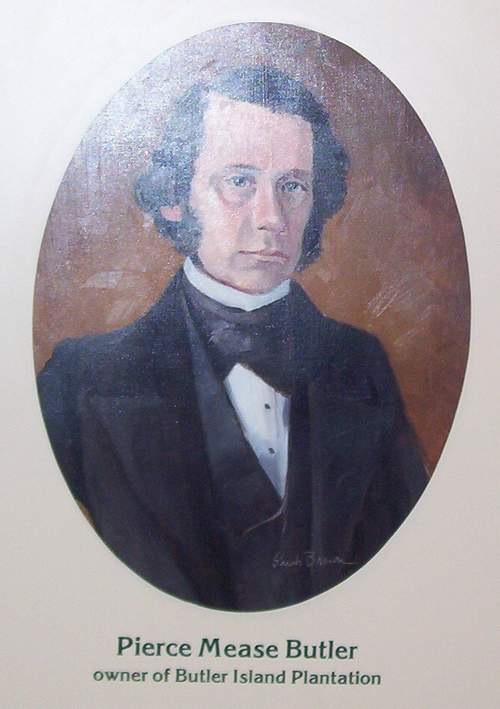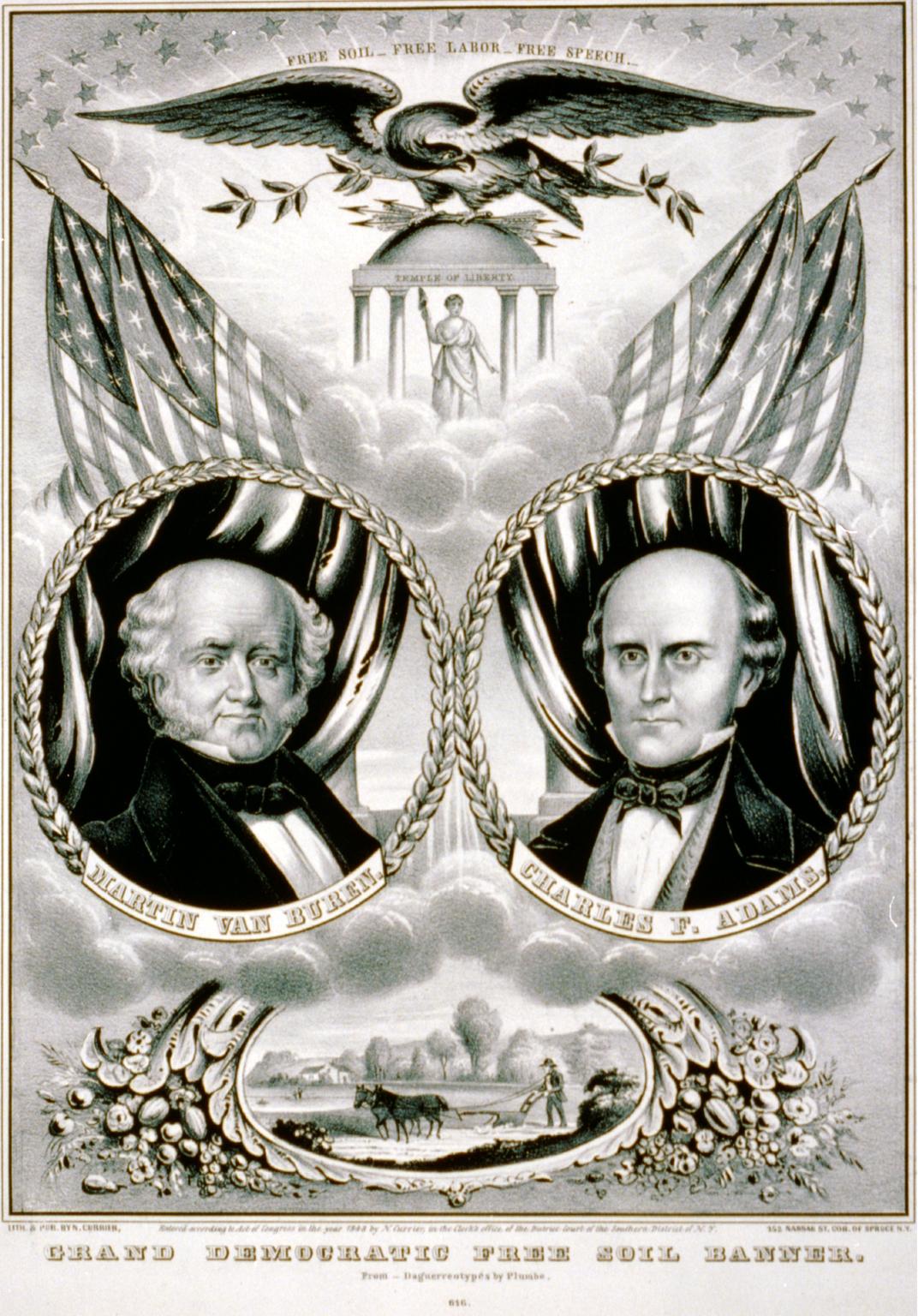I read two whole
novels!
The Love Affairs of Nathaniel P is a new novel (2013), while T
he Pursuit of Love (1945) is older than I am. I've also read
Pursuit more than once before. I'll say it right here at the top that I enjoyed very much reading the older novel again, while feeling rather bored by the new one, despite how self-consciously Adelle Waldman is heiress to narrative techniques refined by that contemporary of Nancy Mitford, Virginia Woolf.
I'll begin with the new one.
Natty P is the narrator of this description of a group of New Yorkers maybe three of four years ahead of
Lena Denham's cohort. Natty P's people rotate in various degrees of intimacy within the larger constellation of the intersecting publishing vectors: reviewers for online zines like Gawker, editorial assistants for magazine like
Vogue, novelists with first contracts. All of them intend to be published authors.
One and all they have graduated from programs at no lesser institution than George Washington University (though Harvard is by far the top of the list to name-drop as alma mater, and is name dropped on every page; Natty P graduated Harvard). Often they were recipients of prestigious literary prizes awarded by a program at that institution
like this one. Yet even the poet of the novel, winner of a Stanford undergrad poetry prize, cannot find a job in NYC's publishing world worthy of her. The job market into which they graduated
is unfair. Whether there were ample entry level jobs out there or not, these individuals do not think they should have to be in them. Those positions are for those who didn't go to Harvard.
One and all name check
Italo Svevo (James Joyce who?) as their benchmark when assessing the brilliance of new acquaintance, or deciding someone might be worthy to have sex with. As well as quantifying the endless varieties of their brilliance, they minutely categorize everything else about themselves and each other -- including the toilet paper, and, toothpaste they buy and why. (Fascinated by them yet?) They hold in solidarity the conviction of personal exceptionalism, yet they are consumer driven lemmings, dashing in waves here and there according to what the media market orders them. They don't seem to have any fun other than on occasion feeling they've out-mot juste-ed a friend.
Described in detail as it may be, they aren't interested much in sex either, other than as score-keeping. This is the saddest part. No matter how well suited a woman might be for Natty P, he will soon see her physical flaws, and that's it. No one is physically perfect enough in their eyes for sex and love, including themselves. They are dreary, predictable and dull, hypnotized by the surperficial markers corporations have told them are identities.
Note: not a single character of color or anyone of any other class (such as those who don't go to Harvard) inhabit this world or enters their consciousness. Occasionally they see a poor person or a hardworking immigrant in the cold and they examine their vague feeling of guilt, and that takes care of that by providing them a sense of themselves as sensitive and compassionate. All of them have families well-heeled enough they can always go back home. Nevertheless they carry with them a sense of being victimized by society. For example one of them carries a chip that he doesn't like to examine much, but does like the tongue going to an infected tooth -- that he wasn't born a WASP. Yet he feels he is infinitely superior because WASPS are shallow and boring.
It's a beautifully written novel. However I cannot tell whether the author's intended take-away of these people is what I did take away: useless creatures, who are neither provocative or entertaining, with whom I'd never want to have a beer or a flute of champagne. I may be out-of-step generationlly though. Perhaps like Lena Dunham's w
riter character Hannah in Girls, who thinks she might be "the voice her generation, or a voice of a generation," Adelle Waldman
is the voice of her generation. Waldman's generation thinks so, having declared this the greatest novel so far of the 21st century, and the shoe in for the fiction Pulitzer and National Book Awards.
After that meticulous assault in granular detail by the most minutely trivial of the terminally predictable it was a joy to sail upon the astringent waters of the old book's characters forthright self-regard. They came up in a hard, hard school.
One of the primary differences is that while the characters of
Natty P are mediocrities who strive mightily to believe in their genius and uniqueness, the incestuous communities of Mitford's
Pursuit are fascinating
and entertaining (at least, at a safe distance). Monsters some of them are in the habituation of their generationally inherited comfortable complacency about their class privilege. But their steely determination to do what they mean to do, damn the torpedoes, the public opinion of their peers, or the Nazis, are figures who lead lives larger than the average. Compared to the Natty P pipsqueak generation, there were giants walking the earth in the days of the Mitfords.
Making up an untitled trilogy
, The Pursuit of Love was followed by
Love in a Cold Climate (1949) and
Don't tell Alfred (1960). All three novels are narrated by Fanny, a cousin of the semi-fictional Alconleigh Radlett family. The first two are set after WWI, and run into WWII.
Don't Tell Alfred is set mostly in France, after the war. Mitford's splendid at committing in print what some of her contemporary writers called the "posh aesthetic" -- a cold cruelty of which the era's Bright Young Things were enamored. It's the sort of thing the Natty P literary lights so aspire to toss off, but they fall so short as to not be on the playing field.
Current novel reading-in-progress is yet another Jane Austen -
Pride and Prejudice spin-off,
Longbourn (2013).
*
This one is a cut above of the usual attempts that bite Jane Austen's superlative works. It focuses the working class, particularly the female servants who empty the Bennets' chamber pots, launder their menstrual napkins, scrub their mud-caked petticoats and skirts. They do this in winter, with chilblained hands, in thee summer in sweat soaked bodices. They cook, clean, listen to the whines, cater to the tantrums, and serve, twenty-four hours a day, seven days a week. They cannot expect better either, not in this world of too many women (due to the wars), few jobs and less opportunity for upward mobility.
There is a melodramatic secret in the center of the book, which the reader sees coming from very early on. Since I've identified the looming secret, know its solution too, there isn't much incentive to keep reading. I already know what it would be like living below stairs in the Bennet household, having read many histories of the condition. Indeed, I thought of it even before reading such works, a farm girl imagining that house filled with women having their periods at the same time, and what this would mean for laundry .... Language usages and ways of seeing and thinking from our own era creep into the text more often than the author seems to have noticed too.
-----------------
* Earlier this month I tried to read Joanna Trollope's
Sense and Sensibility (2013), the first in the series by famous authors to write contemporary versions of Jane Austen's works.
It was a ridiculous effort -- yet I have read many of this author's own novels with pleasure. It's just not possible to recreate in contemporary terms the dilemmas facing women of the English class-based early 19th century. I wish They wouldn't do this. But Jane Austen makes money, so let us come up with every permutation to wring dollars / lbs out of her, since few contemporary novels sell as well as Austen's do.
There's a reason for that. Austen wrote novels out of her own mind, creation and experience. Most writers now are biting what came before or what someone else is currently doing. Imitation of a novel does not a novel make.



